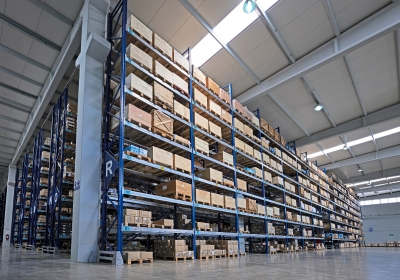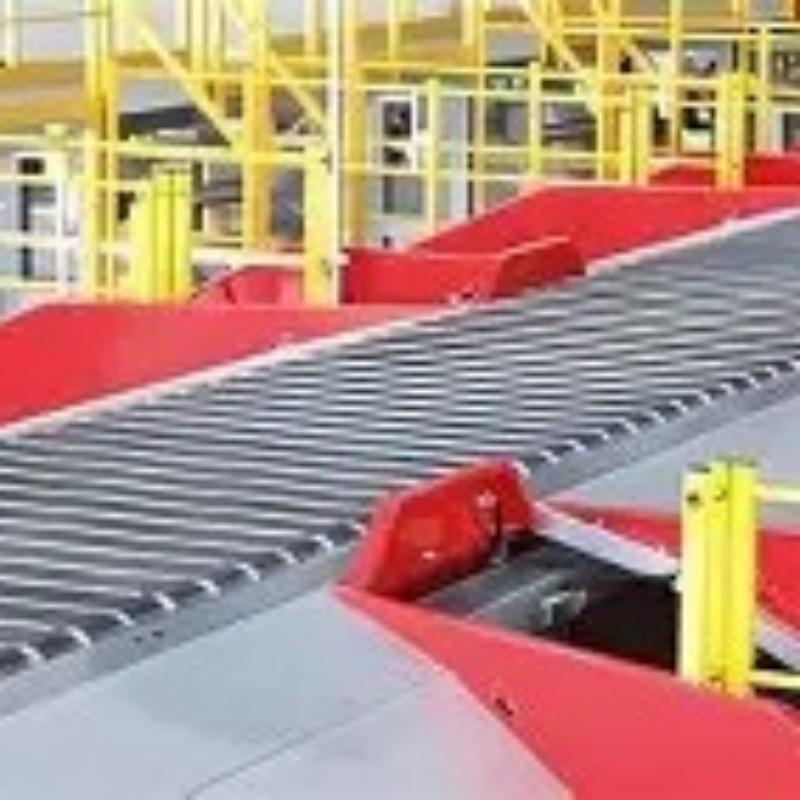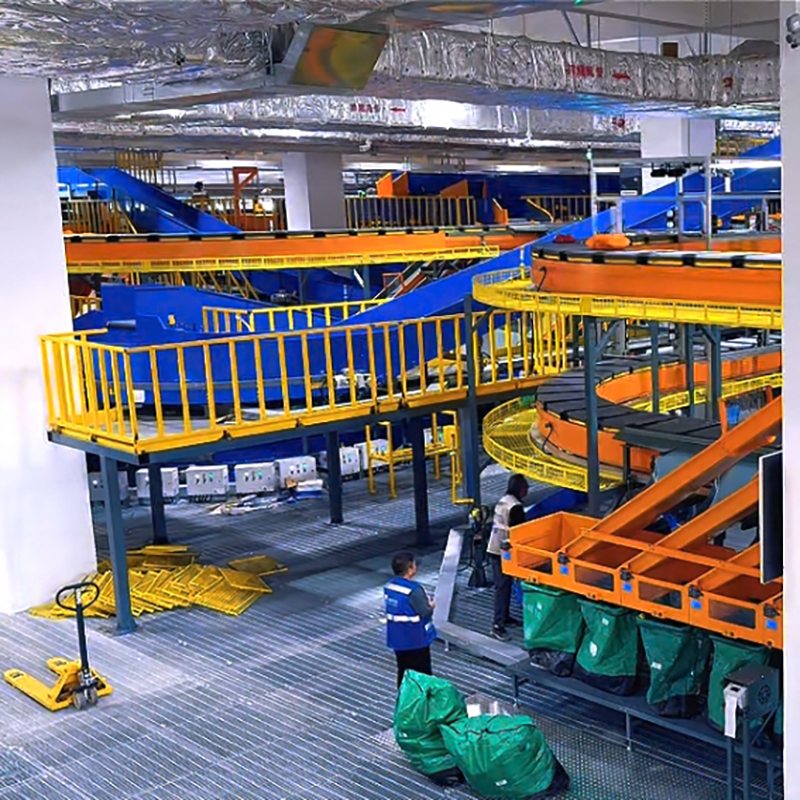As logistics operations grow, automated sorting equipment becomes a critical investment to improve efficiency. Selecting the right sorting system can save labor costs and boost order processing speed and accuracy. Here are key factors businesses should consider when making a purchase.
1. Sorting Capacity and Speed
Businesses need to choose sorting equipment according to their scale and package volumes. High-speed systems suit large batch processing, while small to medium enterprises might prefer modular systems that offer flexibility for fluctuating demand.
2. Compatibility with Package Types
Sorting equipment should accommodate different package sizes, weights, and shapes typical to the business to avoid bottlenecks and inefficiencies caused by equipment limitations.
3. Level of Automation and Intelligence
Smart sorting equipment equipped with advanced software can enable automatic route planning, real-time monitoring, and fault alerts, reducing manual intervention and improving management efficiency and system stability.
4. Maintenance and After-Sales Service
Maintenance costs and after-sales support are vital considerations. Choose suppliers with strong technical support, timely spare parts availability, and quick service response to ensure long-term stable operation.
5. Return on Investment (ROI)
Evaluate the total cost of ownership including equipment cost, operational efficiency gains, and labor savings to ensure the automated sorting system delivers tangible economic benefits within a reasonable ROI period.




